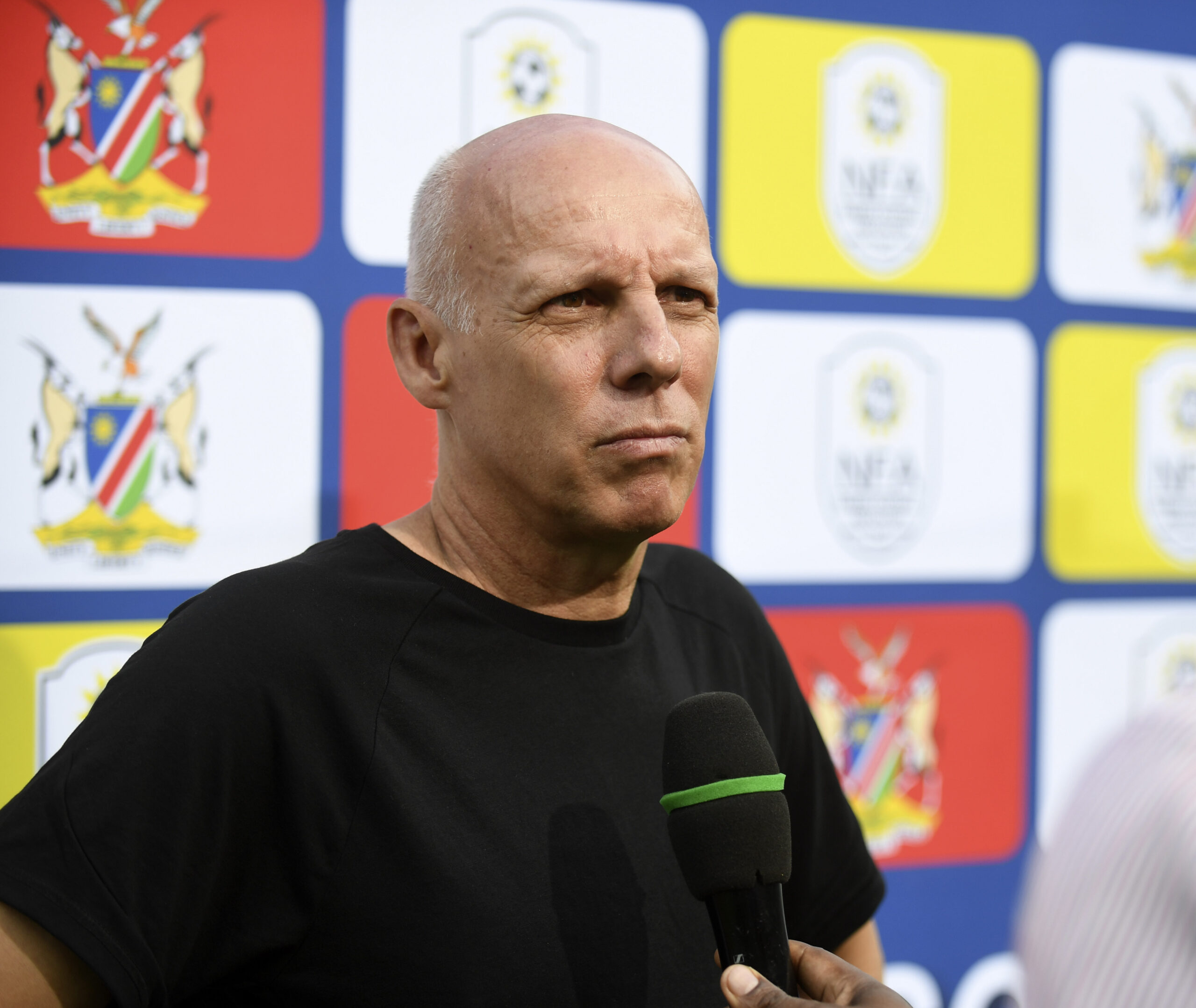Qualification for Zimbabwe to the next Africa Cup of Nations finals comes at an important juncture for football in the country, which has been under a dark cloud for years.
Government interference in the running of the sport led to a ban by world football’s governing body FIFA, forcing Zimbabwe to miss an entire Africa Cup of Nations qualifying cycle.
Crumbling infrastructure has also cost the country dearly as Zimbabwe’s national team, as well as their clubs competing in continental competition, have been disqualified from hosting matches at home as their stadiums have been deemed not up to international standard.
That meant that Zimbabwe had to play their entire 2025 Cup of Nations qualifying campaign away from home, including using Uganda and South Africa as their ‘alternate’ home venue.
But despite the handicap, the Warriors advanced to next year’s finals in Morocco, where they will be competing in African football’s showpiece for the sixth time and have been drawn with Egypt, familiar foes South Africa and Angola in the pools stage.
Loading...
It has proven a quick success for the German coach Michael Nees, returning to Africa for the first time in almost a decade after previously working in Rwanda, the Seychelles and South Africa.
He has galvanized the team into a more effective unit and saw them see off the challenge of both Kenya and Namibia to finish along with Cameroon in the top qualifying places in their group.
The 57-year-old was always confident of success with Zimbabwe, as he tells FORBES AFRICA.
“This is a football country. They love, they adore football. You need to go around the county, to watch the games, then you feel the real football,” he said.
His first task was to blend the mix of home and overseas-based players, many of them second-generation Zimbabweans from the diaspora born in Britain.
“You rely always on the mixture of players abroad, who play in very good leagues, and local players. It must always be some sort of mixture. Sometimes one group will dominate, sometimes maybe the other group will dominate. But I don’t think I will ever call 25 players from overseas clubs only,” he explained
“Conditions (in Africa) are not like in a professional environment in Europe. The pitches are more difficult, so the game must be a little slower, because they need time to control the ball. It cannot be a fluent passing game, like it would be on a nice pitch. So we have to recognize that that and this is where local players who can use the conditions better have a role to play.
“You need to see that you get a team harmony, where there is no superiority and inferiority, where everybody is respected and regarded,” he adds.
“Some were fortunate to be born in the right place at the right time, and maybe get the right education and training, but that doesn’t mean that a player who grew up with inferior conditions has less talent. He had maybe had less conditions to develop his talent, but maybe the talent is still hidden, and we need to unlock that potential.”
“We have to take it step by step, from training to training, from match to match. I think that would be for us, the best approach. In this group, I’d say South Africa, with seven home games in 10 matches, have the best opportunity ever to go to a World Cup. I mean, which team has seven home matches?
We don’t have home matches. Nigeria, on paper, would have the second-best chance, but they’ve had problems the group. But I don’t think the group is decided yet,” he says, hinting that Zimbabwe might yet have a say in the tussle for a World Cup place.
Loading...
